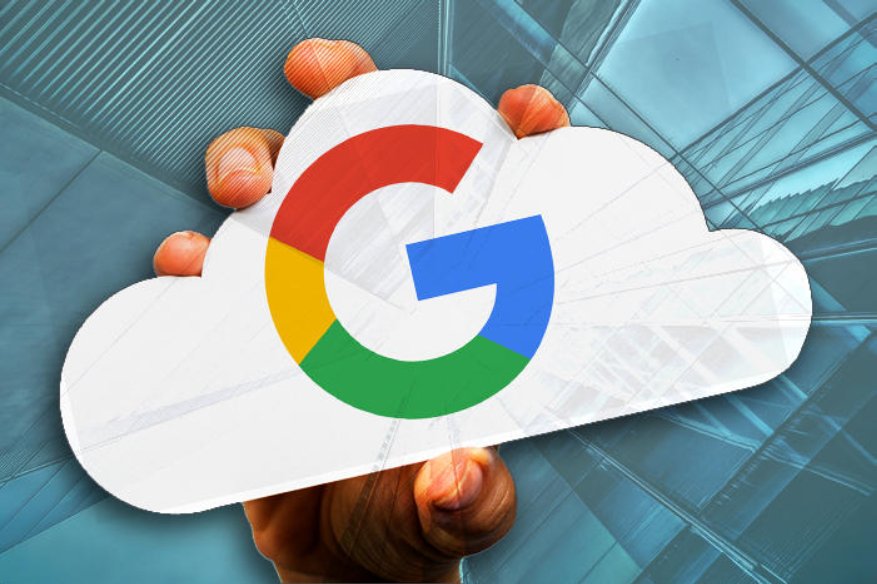Google Explains New Safety and Privacy Guidelines for Android Apps

This week Google announced several upgrades to the rules that govern the Play Store which are intended to enhance the general user safety and privacy and give more control to ad privatization.
The web conglomerate has chosen to provide more particulars on an imminent security segment that was first declared in May and will be included in the Play Store early next year. According to the new rule, all apps in the Play Store will be obligated to indicate their security and privacy guidelines by April 2022.
In the fresh security segment, app developers can give particulars on the app’s safety approaches, whether the app adheres to Google Play Family policy, and if the app has been individually authenticated against a worldwide safety standard.
Users will be capable of reading the segment from any of the app’s catalog on Play Store. This will enable them to know what kind of information the app amasses and shares, how the information is used and if they can exit the information collection policy.
Google says all app developers are obligated to offer a privacy program irrespective of whether their apps amass private data or not. Furthermore, developers should also give precise and complete data in their security segment and details on the data used by 3rd party libraries.
The company also emphasizes “this relates to all apps circulated on the Play store including Google apps.”
App developers can begin submitting the needed data in the Play Store for appraisal in October 2021. The security segment will be in the Play Store in the first quarter of 2022. Developers have up to April 2022 to ensure that their applications have approved security segments or updates, and new app proposals will decline.
Enhancements in Ad Security and Privacy
To further enhance user safety and privacy, Google also intends to provide more regulation over marketing credentials.
Currently, Google has given the alternative to reorganize the ID or enable it to be used for ad privatization. However, beginning late 2021, when a user opts out, their identifier will be substituted by a sequence of zeros.
Android 12 apps will be affected first, however in early 2022 the feature will be rolled out to every app installed on devices running on Android. In Android 12, Apps that upgrade objective API level and want to utilize IDs will need to get new consents from Google.
Google will assess a new function where app makers and ad services will be informed of users’ opt-out choices to erase the IDs no longer in service.
Google explains, “In addition, we’re barring connecting tenacious device IDs to individual and delicate user files or reconfigurable device IDs. This rule includes an extra layer of confidentiality when users change their device IDs or delete apps.”
The internet giant also declared a developer ad of “application fixed ID” for important use such as fraud deterrence and analytics. This exclusive identifier allows for the association of “usage across a bunch of apps developed by your business.”
These identifiers cannot personalize or measure ads. In addition, they will routinely change if all applications from a specific developer are deleted from a gadget or if the apps can’t access the identifier in one year.
Google also declared that apps developed for kids are barred from conveying IDs such as marketing. In addition, apps designed for both adults and children will be obligated not to share the IDs of children.
Other safety improvements rolling out in the Play Store include termination of abandoned or inactive accounts after one year, counting accounts where no application has been added or those that haven’t used for Play Console over a year. Old data will no longer be available, but developers can produce new accounts.
Accounts comprising apps that have been downloaded over 1000 times or those that have in-app acquisitions inside the last quarter won’t be terminated.
Google is rolling out new wants on the usage of IsAccessibilityTool and AccessibilityService API, where apps using the API must to reveal information access and reason for verification.
Google also declared that app developers can appeal for a half-year extension until 31st March 2022 to abide by the company’s payments rule which now vividly details when app makers should use Google Play’s billing system.